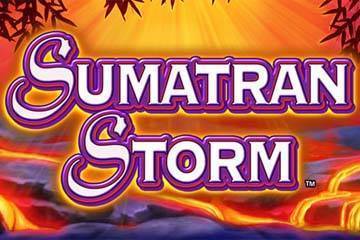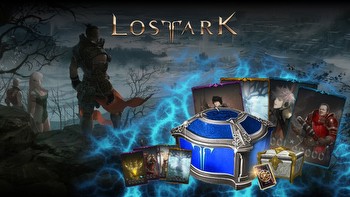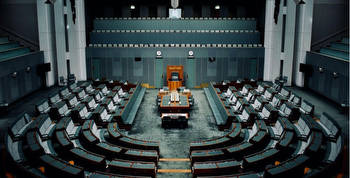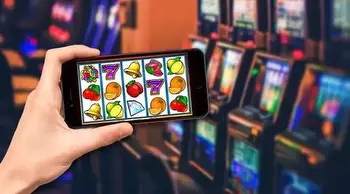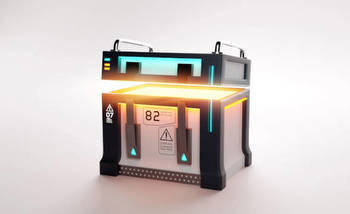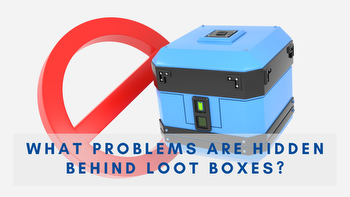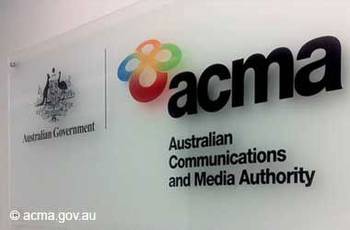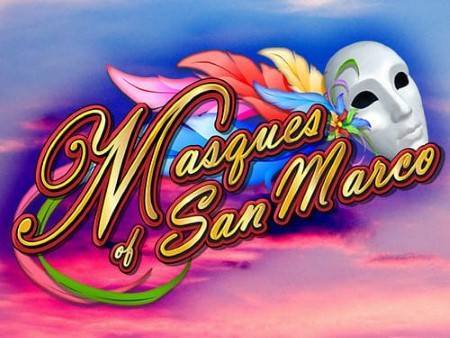Calls for games with loot boxes to be R18+

Any video game with randomised purchasable content, commonly known as loot boxes, should be slapped with an R18+ rating in order to protect young people from becoming gambling addicts, according to independent MP Andrew Wilkie.
The Tasmanian MP introduced a private members’ bill on Monday morning, seeking to treat loot boxes as gambling products and restrict their use exclusively to people over the age of 18.
“I want to sound the alarm about an insidious gateway to gambling that’s being widely used to target our kids,” Wilkie told Parliament.
“This is a video game feature where players pay to chance their luck at winning additional virtual assets to use during the game.
“This is gambling by any definition and is routinely being experienced by children and adolescents right around Australia.”
Loot boxes are commonplace in modern gaming, especially in free-to-play or ‘freemium’ games in which cosmetics items or ones that speed up progression are held behind chance mechanisms.
Liberal MP Andrew Wallace seconded Wilkie’s bill saying it was “a step in the right direction”.
“Children under the age of 18 can’t walk into an RSL and play the pokies, they can’t walk into a TAB and put a bet on a horse race, and yet these loot boxes are effectively a form of gambling that is being delivered to young people's homes in their bedrooms and living rooms,” he said.
Just like the pokies
For Wilkie, the way games encourage risk taking behaviour, delivering random prizes, and encouraging players to keep spending money creats “many of the same emotions and experiences associated with poker machines and other traditional gambling activities”.
He quoted a study from the Royal Society earlier this year which suggested a correlation between the experience of problem gamblers and spending money on loot boxes – though the paper also notes that it wasn't clear “whether this translates into some form of demonstrable harm”.
A literature review of from the Australian Institute of Family Studies likewise said there was evidence to suggest that loot boxes can be "associated with gambling problems” and that there was “growing evidence of an association with internet gaming disorder and financial harm”.
Communications Minister Michelle Rowland said she “understands concerns about the prevalence of loot boxes in computer games, especially those directed towards children”.
“I have sought advice on this issue, including whether further regulation is required,” she told Information Age.
Games with loot boxes are currently required to inform consumers that they contain ‘in-game purchases’.
In September the convened an inquiry into online gambling which will look at loot boxes and forms of simulated gambling.
Keeping costs down
The Interactive Games and Entertainment Association (IGEA), a group that represents and lobbies for the Australian and New Zealand video games industry, told Information Age Wilkie's legislative approach was “inconsistent with the findings” of a 2018 senate inquiry into loot boxes “which concluded that no further regulation was required”.
In its submission to that inquiry, the Australian Communications and Media Authority (ACMA) said the in-game purchase mechanism didn’t count as a gambling service because they are “generally not used for the object of winning money or other valuable items”.
Rather, loot boxes by ACMA’s reckoning are used by players “to aid progression through a game or enhance aesthetic characteristics of gameplay”.
ACMA noted that most of the time loot box items don’t have “any monetary or other value” and thus don’t satisfy the legislated meaning of a gambling service.
IGEA also noted that changes to the Classifications Scheme cannot be done without national consensus between federal and state and territory governments.
The industry group has previously claimed that players don’t mind in-game spending like loot boxes because it helps “keep the cost of games low”.
“These days, players expect games to be an ongoing service with well-maintained servers and regular new content,” IGEA wrote in a policy document about loot boxes published last year. “Revenue generated by in-game spending helps to fund these costs.”







